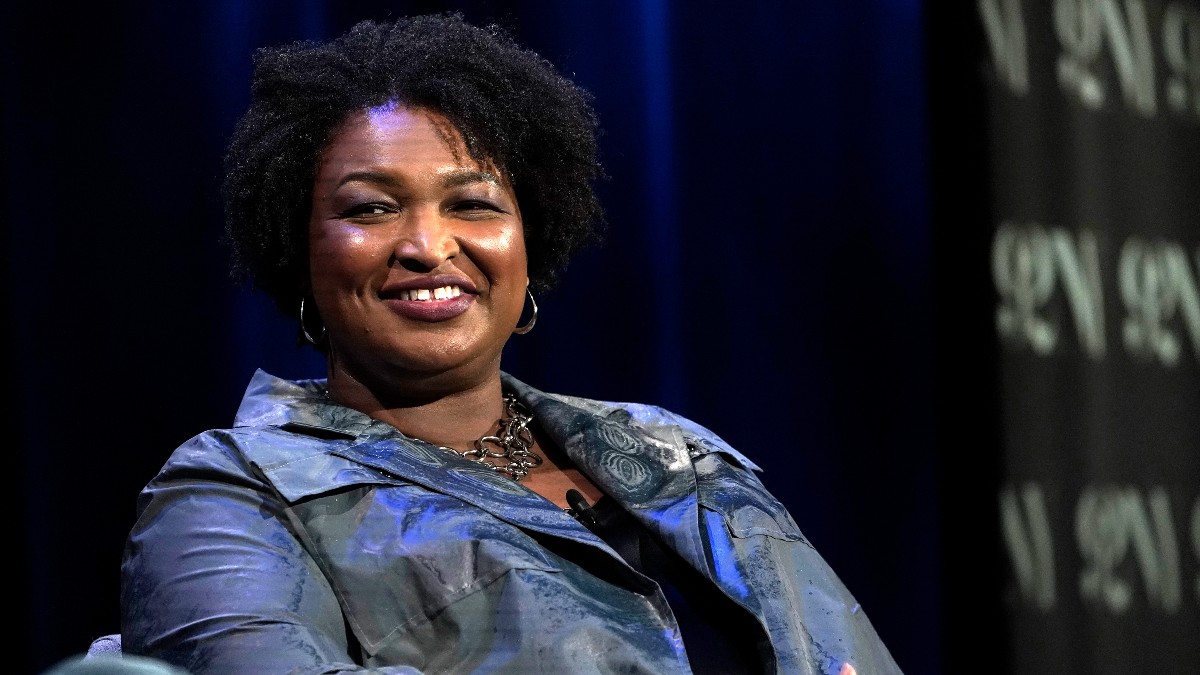The state of Georgia has inched closer toward legalizing online sports betting after the state Senate passed a bill 35-15 on Thursday.
There are still a few more barriers left, however. Similar bills have passed in the state Senate before, only to die in the state House. While this session's iteration of the bill has more institutional support, getting two-thirds of the House on board will take major inertia from lobbyists and advocacy groups.
Even if the House votes yes with a supermajority, the law must be voted on by Georgia citizens. Several polls indicate that a plurality of Georgia voters support legalizing online sports betting. But there's still a large swath of undecideds — and a year of marketing campaigns would have a profound impact on where the populace sways on the matter.
For instance, in California, the voter referendum in 2022 drastically underperformed initial polling after a series of successful marketing campaigns from local Native American groups, who own a monopoly on sports betting in the state. Those groups were able to keep their market share because voters failed to ratify online sports betting.
Still, the incremental progress on Thursday indicates Georgia continues to be serious about getting the practice in motion, catching up with the majority of American states that have launched sports betting since 2018, when a Supreme Court case permitted online sports gambling outside of Nevada.
A prominent advocate is former Georgia representative Stacey Abrams, who has spent the better part of five years pushing for the state to implement these programs.
If passed in the end, seven licenses would be handed out, with the six largest companies (FanDuel, DraftKings, Caesars, BetMGM,ESPN Bet and Fanatics) likely to gain a spot.
Those operators would pay 20% on their adjusted gross income (AGI) along with a $100,000 application fee and a $1 million annual license fee.



















































